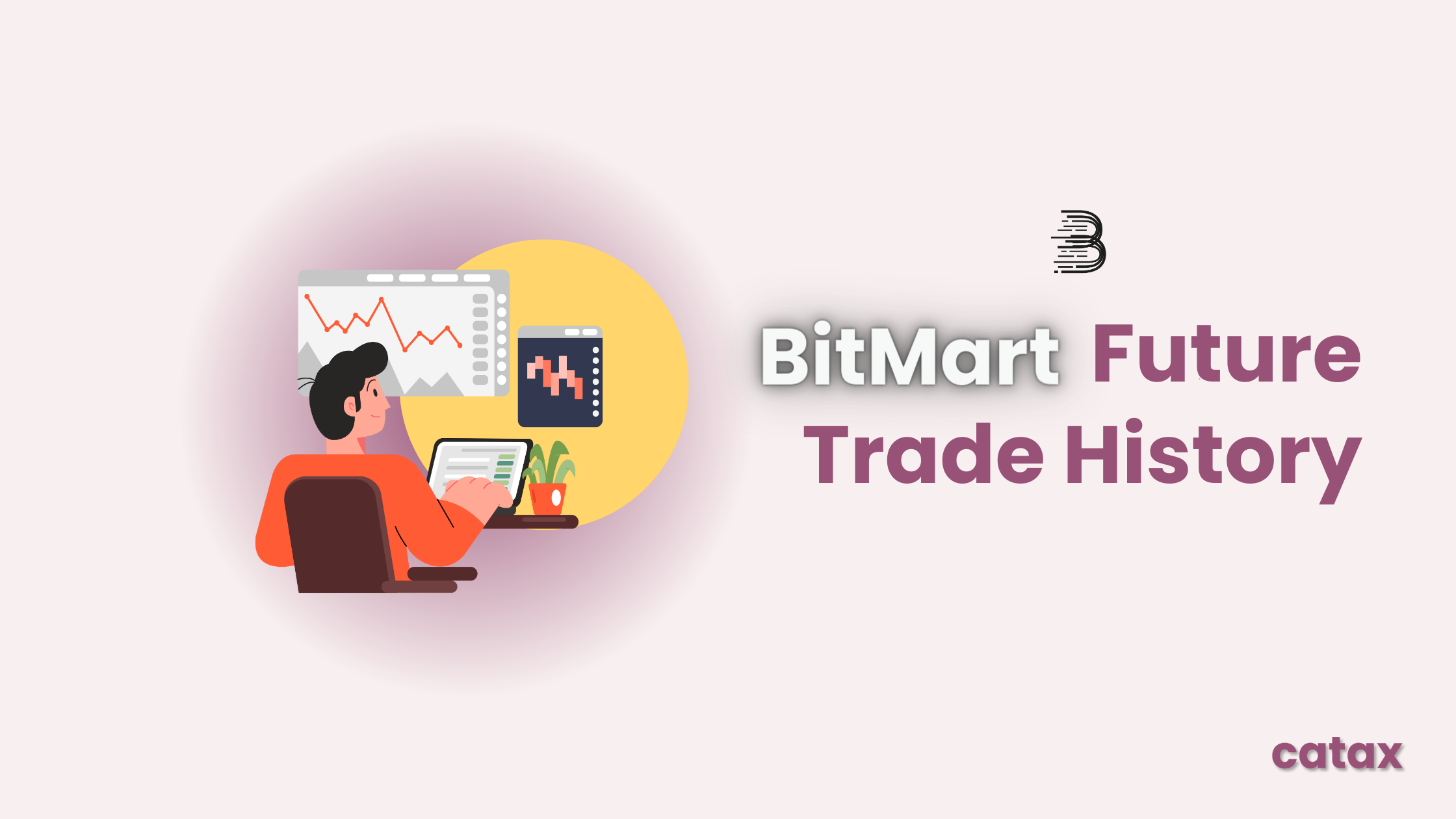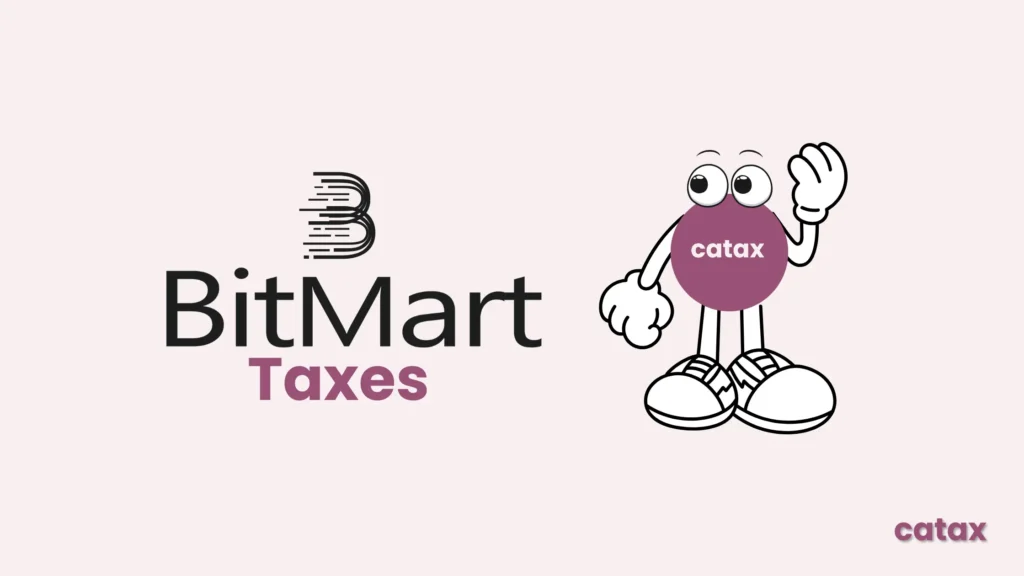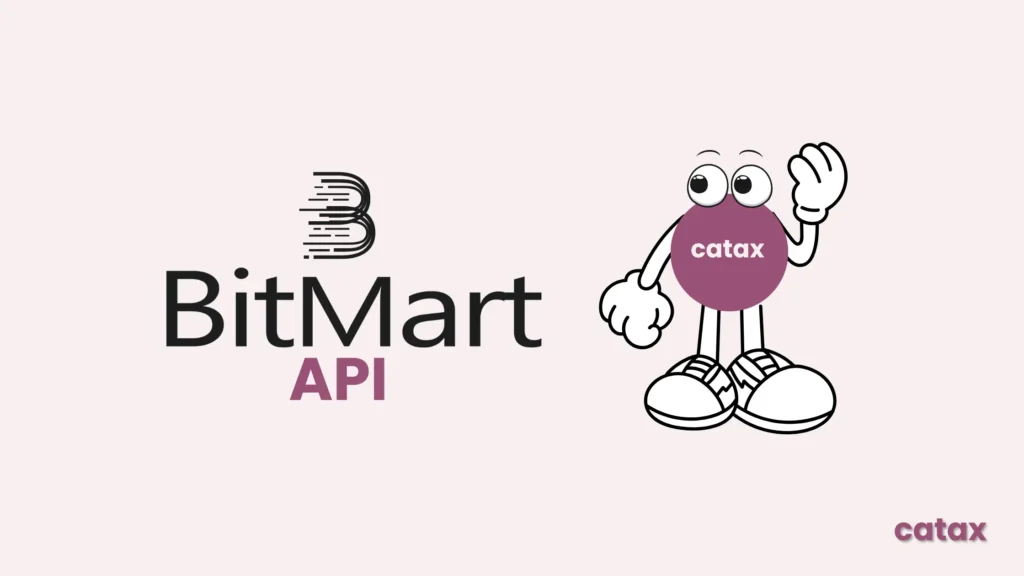BitMart, a leading digital asset trading platform, operates globally, serving millions of users across 170 countries. Also, it supports over 1,000 cryptocurrencies, including major names like Bitcoin and Ethereum, and offers a comprehensive suite of trading options. Here’s how to obtain your futures trade history in Bitmart and why it’s crucial for your crypto tax calculations.

Importance of Trade History Export
Before we jump into the details, let’s discuss why exporting your Bitmart future trade history is crucial. Maintaining a thorough record of your trades is a good decision. This practice allows you to go through your trading patterns, evaluate your performance, and, notably, stay on the right side of tax regulations. Exporting your trade history transforms it into a valuable asset, serving both as a tool for audits and as a means to scrutinize and enhance your trading strategies.
Step-by-Step Guide to Exporting Bitmart Future Trade History
- Sign in to your Bitmart account.
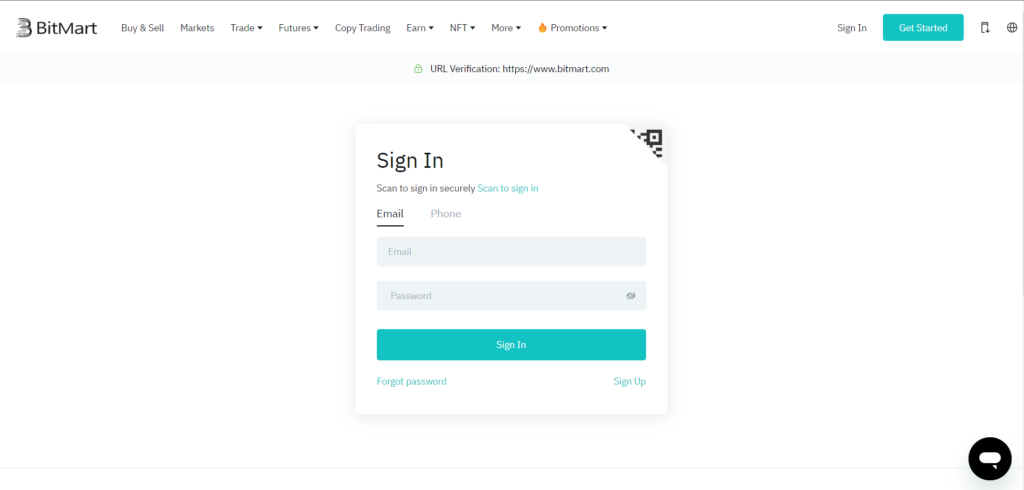
- Head to the Orders icon, and from the menu, click on ‘Futures Order’.
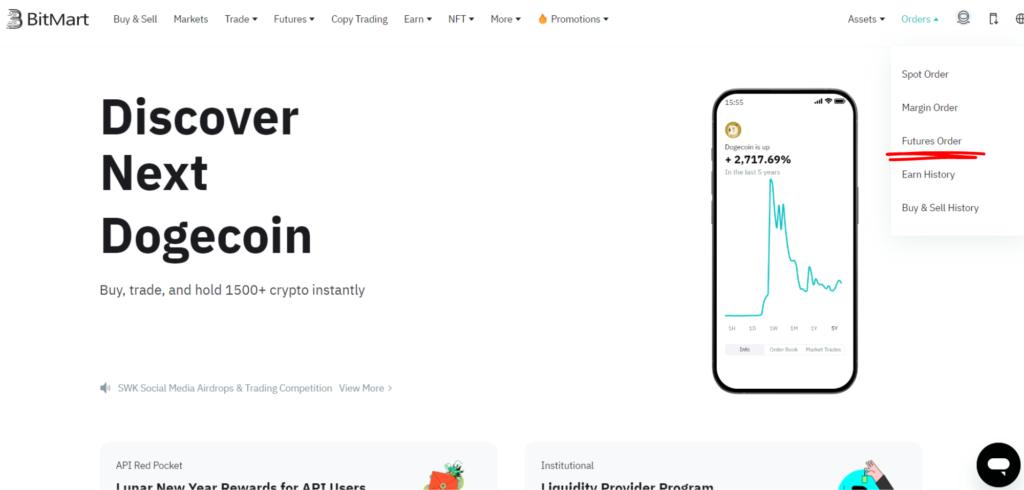
- In the future section click on ‘Trade History’.
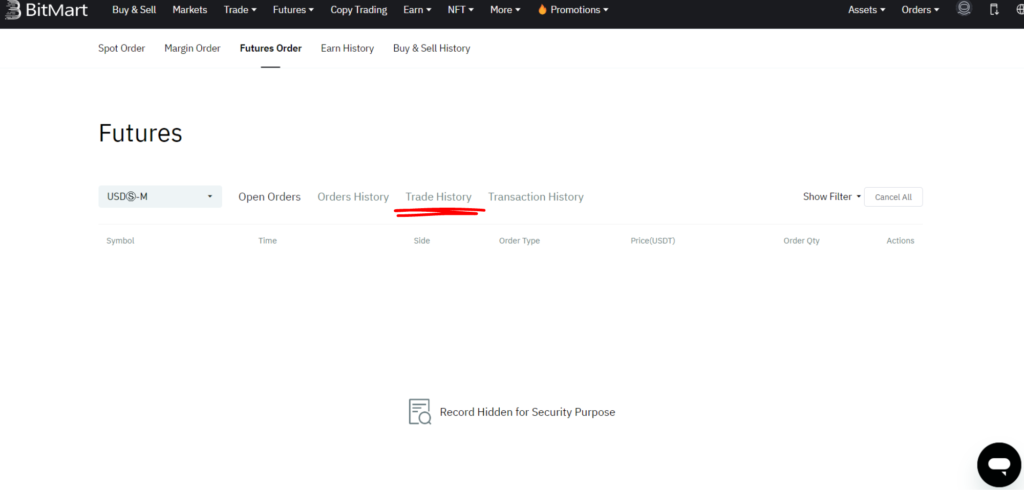
- In the Trade History section, click on Export.
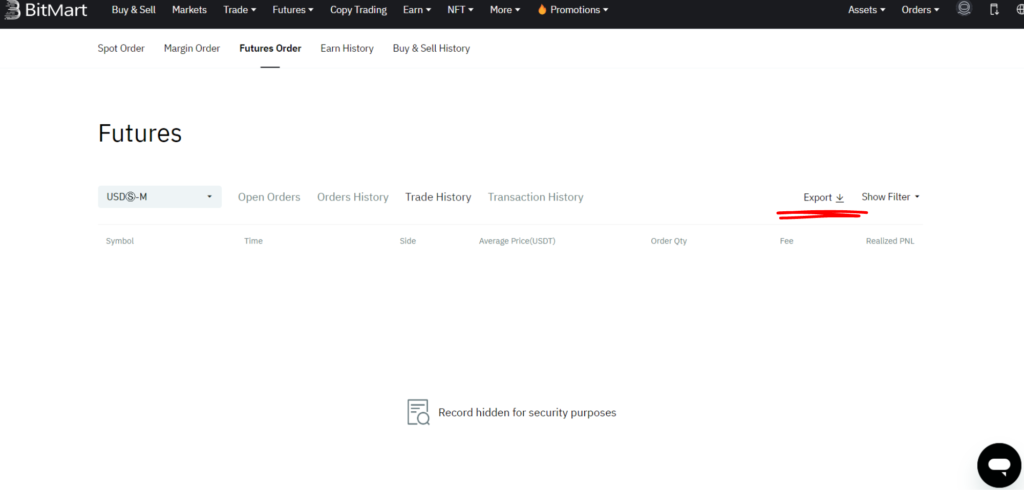
- Select your preferred date range, and click on the export.
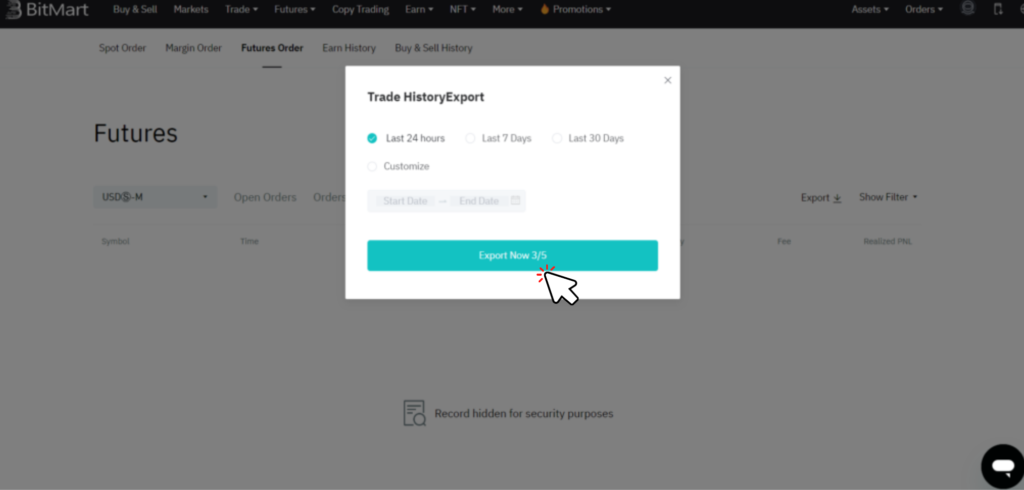
Is it Worth Integrating Your Future Trade History with Catax?
Integrating Bitmart’s future trade history with a crypto tax calculator like Catax offers multiple advantages for cryptocurrency traders and investors. Here’s a simpler explanation:
1. Accurate Tax Reporting: Trading futures on Bitmart involves complex transactions, especially when leverage is used. This complexity can make tax calculations tricky. By using a Catax, traders can automate the tax reporting process, ensuring they stay in line with tax laws and avoid mistakes.
2. Easier Calculations: Manual tracking of future trades is complicated. A tax calculator simplifies this by automating the computation of important figures like the initial investment, profits, losses, and the cost of leverage. This leads to fewer errors and precise tax calculations.
3. Saves Time: Calculating taxes manually, especially with many trades, takes a lot of time. Integration speeds up this process, freeing up time for traders to concentrate on refining their trading strategies and managing their portfolios.
4. Avoids Penalties: Mistakes in tax reporting can lead to penalties. Automated calculations minimize this risk, offering traders peace of mind and potentially saving them from unnecessary expenses due to errors.
5. Analyzes Performance: Having a history of future trades integrated allows traders to look back and analyze their trading performance. This insight helps in planning both trading and tax strategies, aiming for better profitability and tax efficiency.
6. Better Record-keeping: Keeping detailed records is essential for complying with tax laws and for financial planning. Integration ensures that every transaction is logged and organized, making it easier to deal with tax authorities.
7. Informed Decision-making: Knowing the tax consequences of trades can affect trading decisions. With integrated tax calculation, traders get immediate feedback on the tax implications of their trades, helping them make smarter choices.
The Role of Future Trade History in Catax
Accurate Tax Reports: Your Bitmart Spot Trade History is very important for Catax to be able to make correct tax reports. By entering this thorough information about your transactions, Catax can correctly apply the tax rules to figure out whether you have made or lost money on your capital gains. In addition, this information is necessary to make sure that tax rules are followed. You can also make sure that your tax return is complete and correct by giving this information.
Minimizing Errors: Because cryptocurrency trades and tax rules are so complicated, doing tax calculations by hand is prone to mistakes. Having a full Bitmart Spot Trade History automates this process lowers these risks and makes sure that your tax returns are correct and reliable.
Frequently Asked Questions (FAQs)
Taxes can be tricky, especially with things like future trades. Using a crypto tax calculator that works with Bitmart can make it simpler. It’ll do the math for you and keep track of everything you need for taxes.
Yes, connecting your Bitmart history with a tax calculator makes things easier. It helps you report taxes correctly, saves time on calculations, and avoids mistakes that could cost you money.
Exporting your trade history helps you understand your trading habits, check how well you’re doing, and follow tax rules. It’s like keeping a record book for your trades, which can be helpful for taxes and improving your strategies.
Yes, you can export your Bitmart future trade history for any time range you choose. Just select the start and end dates when you’re exporting your trade history.
